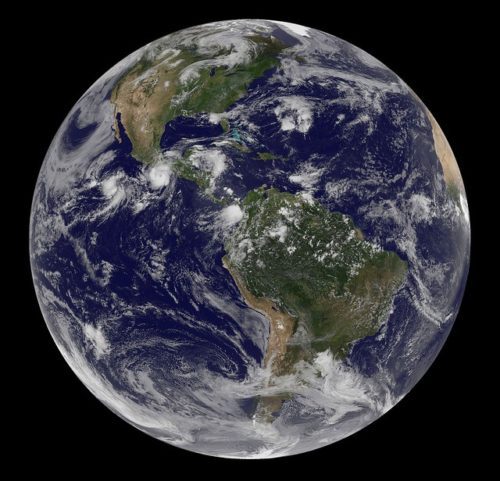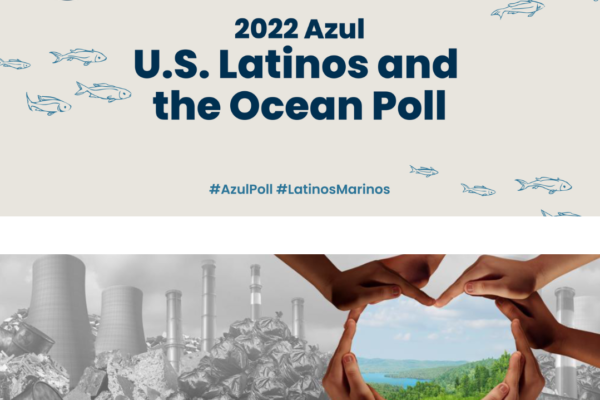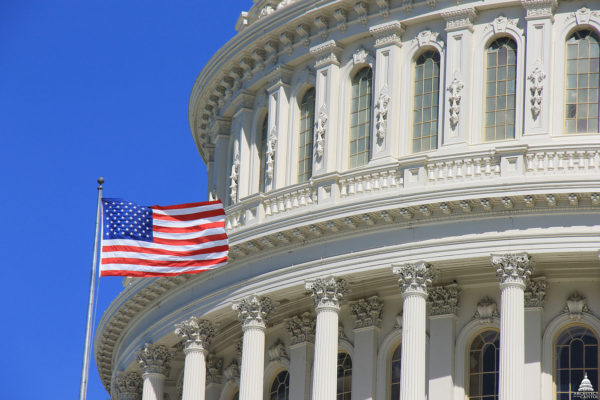
An article today by Annie Jia in ClimateWire and reporting from the recently-concluded third annual Behavior, Energy and Climate Change Conference, nicely summarizes what we need to stay focused on to create a culture change, and a better, healthier planet for all.Understanding people is the key, and it’s why The Ocean Project invests so much in market research and making the findings and implications widely known for our Partner network and the wider conservation community, to take advantage of to become most effective.
As the article states, “Thinking does not equal doing” and it discusses how critical it is to move beyond thinking that helping people understand the issues and changing people’s attitudes will translate into action. Because it doesn’t.
Doug McKenzie-Mohr, a guru in community focused social marketing, discusses how effective programs are designed to change behavior surrounding climate change and other issues, by first understanding and addressing the barriers to action. Knowing the exact barriers can help you tailor programs to address them.
One critical barrier is people not knowing what actions to take in order to help. This is also a key finding from our recent market research: It is clear that, zoos, aquariums, and museums (ZAMs) are trusted messengers for information on issues and increasingly the public is looking to our Partner ZAMs to provide solutions to the issues that people can incorporate into their daily lives.
The article also discusses how social networks are powerfully effective ways to affect people’s behaviors.
You can read the whole article, reprinted here in the New York Times.



